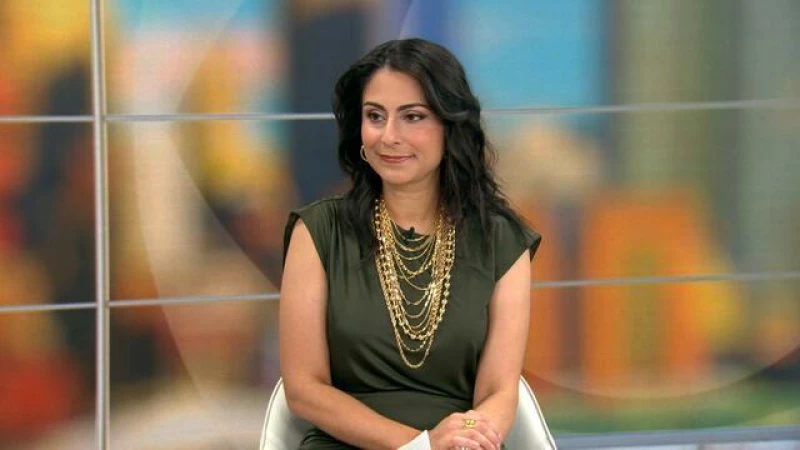Experts are cautioning about a potential surge in respiratory illnesses, including RSV, COVID, and the flu, during the holiday season. Dr. Celine Gounder, a medical contributor for CBS News and editor-at-large for public health at KFF, shared her insights on how people can protect themselves during this time with "CBS Mornings".
Gounder emphasized that it is not too late to receive a flu or COVID vaccine before the holidays. Additionally, she recommended an RSV shot for eligible individuals. The most vulnerable groups for RSV are individuals over 60 years old and infants.
"There are three available tools," explained Gounder. One of these tools is a monoclonal antibody for infants under 6 months old. Another monoclonal antibody is suitable for infants aged 8-19 months.
The third option is an RSV vaccine, which can be administered to pregnant individuals between 32 and 36 weeks of pregnancy, as well as the elderly.
If you meet the eligibility criteria, Gounder strongly advises getting vaccinated against RSV for the season.
Protecting Yourself and Others from Respiratory Illnesses
Respiratory Syncytial Virus (RSV) and COVID-19 can both lead to serious respiratory illnesses, such as pneumonia. According to Dr. Celine Gounder, RSV can initially present as a common cold with sniffles and a cough. It is important to monitor young children for severe signs of illness, such as high temperatures, difficulty breathing, or blue coloring under their nails or on their lips.
Preventing Illness during the Holidays
Improving air ventilation indoors can help prevent the spread of respiratory illnesses. Dr. Gounder suggests opening doors and windows whenever possible or using an air filtration unit. Additionally, wearing masks in public places, especially on public transit or in crowded areas, can help prevent sickness.
What to Do if You Get Sick
If you do get sick, wearing a mask in public can help protect others from illness. The U.S. government is offering free COVID-19 tests for every household, so it is recommended to order and take a test if you are feeling unwell. Even if you didn't order tests earlier this fall, you can still receive eight free tests for your household.







